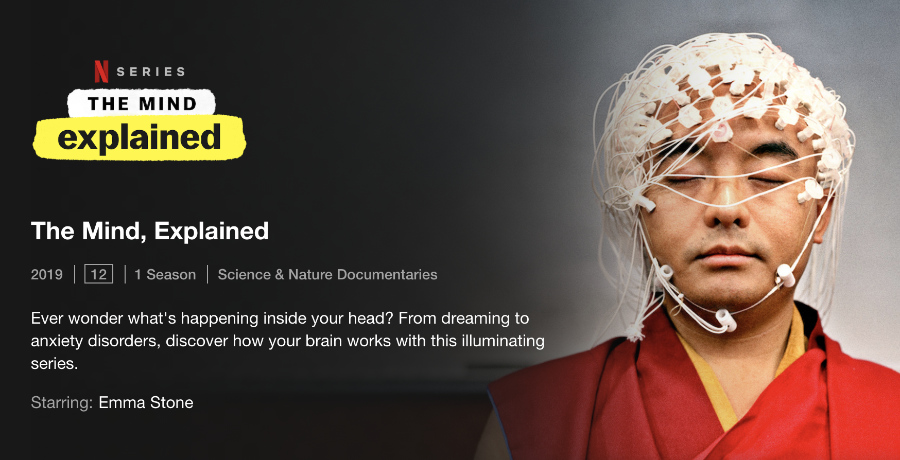As someone who has suffered with anxiety and panic attacks intermittently for the last 10-15 years, I definitely have a level of empathy towards those with anxiety surrounding this outbreak of COVID-19.
I am fortunate in the sense that I am very aware of my triggers for anxiety and panic attacks. My anxiety and panic attack risks are increased with sustained levels of stress, juggling far too many things at once and then throwing caffeine or alcohol into the mix. Alcohol in particular is a massive anxiety inducer, waking me in the middle of the night or leading me to experience a heightened level of anxiety the following day.
Further to my initial newsletter and article regarding coronavirus last week, the coronavirus is continuing to spread. Every media source, social media newsfeed is filling up with anything and everything relating to the coronavirus, this is undoubtedly increasing the general levels of anxiety and stress, and in those susceptible to anxiety, OCD, panic attacks etc may find themselves struggling more than usual to cope with the current climate.
We wanted to provide some tips to help people manage their stress and anxiety around this physically and mentally challenging time.
Two of my colleagues David Behrens and Jenny Colin a Mindfulness Therapist and Hypnotherapist, respectively have been extremely kind to offer their services at this time at significantly reduce rates.
Jenny, is offering Video based sessions at £60 per session and for any front-line health workers she is offering free initial sessions and then reduced rate sessions thereafter. Read more about Jenny.
If this is something that is of interest to you, please feel free to contact us and we can make an introduction to Jenny.
David is offering significantly reduced rate video sessions from £150 per session to £60 per session for anyone struggling with stress and anxiety relating to Coronavirus. Read more about David.
If this is something that is of interest to you, please feel free to contact us and we can make an introduction to David.
4 Nutrition Considerations for helping to managing anxiety
Manage your blood sugar
Some people can be prone to fluctuations in blood glucose. When glucose levels fall rapidly or go too low, this can create a stress response in the body, resulting in higher levels than normal or cortisol and adrenaline to help increase the levels of glucose in the blood stream. In some people, especially those sensitive to these hormones, this can promote feelings of anxiety and irritability.
You can read more about this in the article I wrote on ‘Why people get Hangry and what to do about it’.
Focus on a diet low in refined carbohydrates that includes plenty of fibrous vegetables, healthy amounts of proteins and fats and if having carbohydrates then whole food options are certainly best.
We have tons of healthy recipes on our site for people to choose from, all of which utilise wholefood ingredients.
Minimise your caffeine intake
Caffeine is a stimulant and something that can increase levels of stress related hormones. Again, those sensitive to stress hormones and the impact they can have on inducing anxiety, should minimise stimulants of all kinds.
Want to know more about caffeine and whether it is suitable for you, please read my article ‘understanding caffeine’.
Minimise all alcohol consumption
Alcohol is a well-known trigger for anxiety. Some mechanisms are said to relate to its impact on blood glucose deregulation and others can relate more to changes in blood lactate levels due to alcohols ability to negatively influence the clearance of lactate. Elevated lactate levels have been linked with increased susceptibility to panic in some individuals.
Alcohols negative impact on sleep quality can also lead to reduced levels of resilience to stress. As a result, we can become more reactive to stressors the following day.
Alcohol is also something that can influence chemicals in the brain. Higher levels being released while drinking can lead to lower levels at night or the following day. This is another potential contributing factor to mood changes after alcohol consumption.
Consider the use of Magnesium and Ashwagandha
Both magnesium and ashwagandha I have found to be particularly useful with those suffering with anxiety.
Ashwagandha has a reasonable amount of robust evidence demonstrating its ability to help with reducing anxiety as well as lowering overall cortisol levels.
Magnesium is a mineral that can act as a neural calmer, helping to calm our nervous system and as a result I have seen this have a significant impact on stress levels, sleep and levels of anxiety.
For me, a combination of magnesium and ashwagandha works very well. I usually dose in at around 500mg of each a few times per day or utilise Epsom salt (magnesium sulphate) baths with people where they use around 500grams per bath.
If using oral magnesium, then the forms of magnesium used will matter. For anxiety then I will tend to use magnesium taurate, glycinate threonate and/or citrate. These are generally well tolerated and absorbed.
Some additional viewing
If you have Netflix, there is a very good short documentary called Explained: The mind. Within that series you will find some great episodes on Anxiety and also mindfulness.
Please continue to keep well and care for others around you. Think about the vulnerable at this time, both protecting them from the virus but also ensuring that you do your bit to make sure they have access to the food, supplies and services that they need at this time.
Many Thanks
Steve Grant
Contact Steve Grant Health
To learn more out how Steve Grant Health can assist you on your journey, please fill out the enquiry form below.
Please note that depending on your specific circumstances and goals, Steve may recommend that you work with one of the specialist practitioners within his network of trusted professionals.
If you have been referred by a clinician, please complete the form and ensure that you state who has referred you or have your practitioner email Steve direct to make a referral that way.
Click the button below to open the client enquiry form:
[widgetkit id=”643″]
















